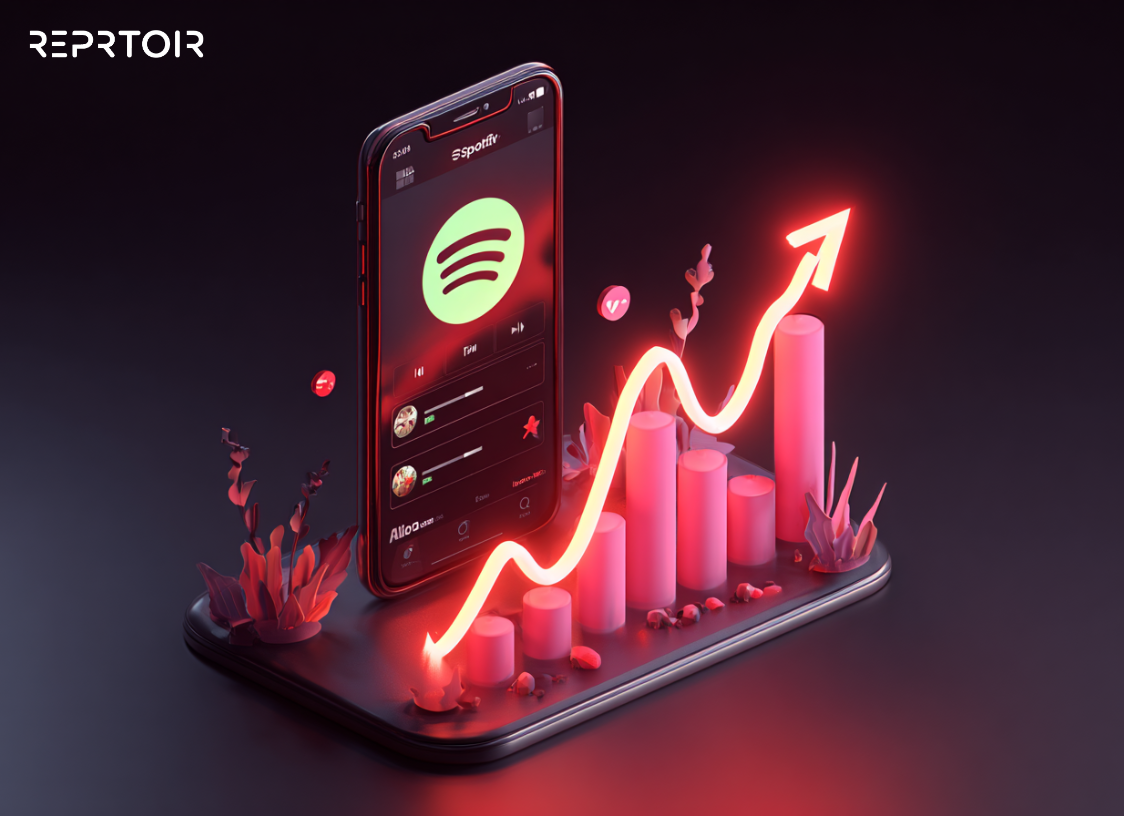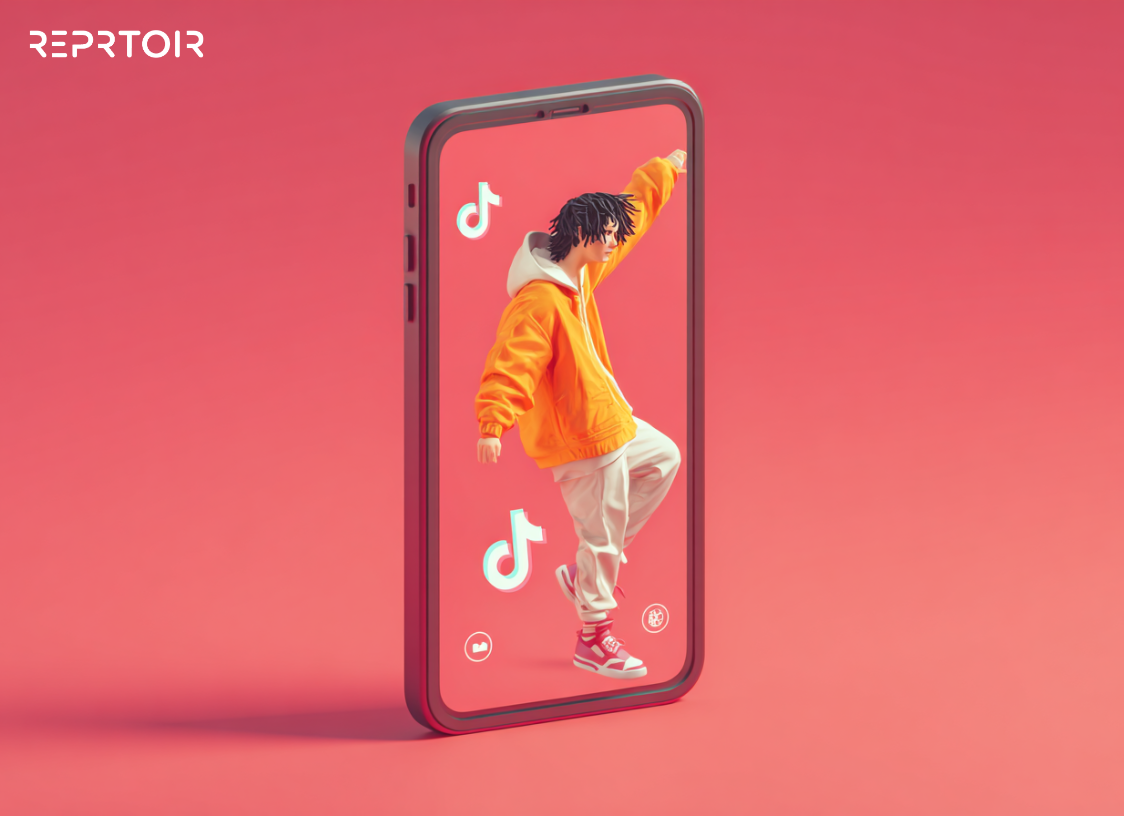The music industry is not just about creating beautiful music: it's about building a powerful brand that resonates with audiences worldwide. If you’re looking at the world’s top musicians in 2024, Taylor Swift and Dua Lipa, they have a strong brand that spreads through all age brackets.
Therefore, for music companies handling musicians—establishing a strong digital presence and implementing effective marketing strategies is fundamental.
In this article, we jump into the essential steps for crafting a thriving music brand in the digital environment—from cultivating a robust social media presence to engaging audiences in meaningful ways:
1. Define Your Brand Identity
At the heart of every successful music brand is a clear and compelling identity. Therefore, you should define what sets your brand apart—whether it's a distinct genre focus, a commitment to emerging artists, or a unique aesthetic.
Moreover, your brand identity should reflect your values, mission, and vision for the future of music. It should involve creating a consistent brand voice and visual style across all platforms.
Here are some of the top musicians with brands:
- Billie Eilish: Known for her distinctive, moody sound and unique fashion sense—Billie Eilish has crafted a brand that resonates with a younger, alternative audience. Her brand identity is characterized by dark, introspective music and a bold, edgy style.
- Taylor Swift: Taylor Swift's brand has evolved over the years from country sweetheart to pop megastar. Her brand identity is built around storytelling, personal narratives, and a close connection with her fanbase: the "Swifties."
- Kanye West: Kanye West's brand is interchangeable with innovation and controversy. His bold—sometimes polarizing—statements and groundbreaking music projects reflect his brand identity of pushing boundaries and challenging norms.
- BTS: The South Korean boy band—BTS—has a brand identity that blends high-energy performances with a message of self-love and mental health awareness. Their consistent engagement with fans (ARMY) through social media is a global phenomenon.
- Lady Gaga: Lady Gaga’s brand is defined by her avant-garde fashion, theatrical performances, and advocacy for LGBTQ+ rights. Her identity champions individuality and self-expression.
If you analyze how these musicians have built their brand, you can gauge how to manage your musicians.
2. Develop a Comprehensive Marketing Strategy
A strategic marketing approach is essential for boosting your music brand. Therefore, you should invest in targeted advertising campaigns, content marketing initiatives, and influencer partnerships to connect with your target audience across various digital platforms.
Also, leverage data analytics to track performance and optimize your marketing efforts for maximum effectiveness.
Here are some other points:
- Define target audience: You should identify and understand the demographics, preferences, and behaviors of your ideal listeners to tailor your marketing efforts.
- Create engaging content: You should develop a variety of engaging content such as interviews, podcasts, and behind-the-scenes videos to keep your audience interested.
- Utilize social media ads: You should leverage social media advertising tools like Facebook Ads Manager to create highly targeted campaigns.
- Engage in cross-promotions: You must partner with other artists and brands for cross-promotional opportunities to reach new audiences.
- Host exclusive events: You should also organize exclusive events or listening parties for loyal fans to build a strong community and increase loyalty.
3. Develop a Strong Social Media Presence
For music businesses, social media is a powerful tool for engaging fans, building communities, and amplifying your music brand's message.
You should establish a presence on key platforms—such as Instagram, Twitter, Facebook, and TikTok—and consistently share compelling content that resonates with your audience.
Likewise, engage with followers, respond to comments, and encourage meaningful connections.
4. Focus on the Power of Visual Storytelling
Visual content reigns supreme in 2024; that’s why you should invest in high-quality photography, videography, and graphic design to create visually stunning assets that captivate and inspire.
In addition, use imagery to convey your brand's narrative, showcase artists and releases, and create a cohesive aesthetic across all digital touchpoints.
5. Build Authentic Audience Engagement
Authenticity is also key to building trust and loyalty with your musician’s audience. Henceforth, help your musicians create genuine connections by sharing behind-the-scenes glimpses into the creative process, highlighting artist stories, and soliciting feedback from fans.
Your business should also encourage user-generated content, host interactive Q&A sessions, and create opportunities for fans to be part of the music-making experience.
Final Thoughts
Building a successful brand requires a strategic blend of creativity, innovation, and digital savvy; without it, it will be hard to build the career of your musicians.
By prioritizing brand identity, implementing comprehensive marketing strategies, and cultivating a strong social media presence—your music business can unlock the full potential of its music brands in the digital era.
Unlock the essential tools for growth and development in your music business with Reprtior. Connect with us now to explore how our services can elevate your music enterprise to new heights!










